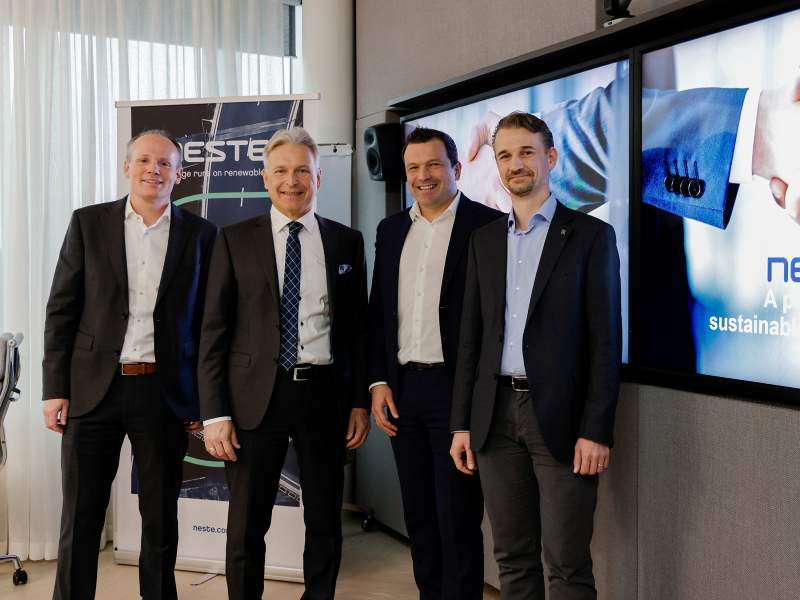
German power solutions company Rolls-Royce and climate solutions firm Neste have partnered on the implementation of sustainable fuels for diesel engines.
The agreement will see the companies promote the use of existing internal combustion engines for sustainable fuels; advance the transition from fossil fuels to sustainable fuels, and share knowledge on high-quality renewable diesel (HVO).
Tobias Ostermaier, president, Stationary Power Solutions, within the Rolls-Royce business unit Power Systems, which makes engines under the mtu brand, said: “Through our Net Zero at Power Systems sustainability program, we have committed to realigning our mtu product portfolio so that by 2030, sustainable fuels and new mtu technologies will reduce greenhouse gas emissions by 35 percent compared to 2019.
“This near-term target plays an important role in helping the whole of Rolls-Royce realise its net zero ambitions. Our agreement with Neste, the world’s leading producer of renewable diesel, will help us achieve our goals and those of our customers.”
Lars Peter Lindfors, Senior Vice President Innovations at Neste, said: “With Neste MY Renewable Diesel greenhouse gas emissions can be reduced by as much as 75% to 95% when emissions over the fuel’s life cycle are compared with fossil diesel. Companies can reduce their climate emissions significantly in an instant by just changing the fuel.”
According to Michael Stipa, vice president stationary strategy, business development and product management for the Power Systems division of Rolls-Royce, the mtu diesel engines were approved in May 2022 for power generation for renewable diesel (also known as HVO) and other EN15940 fuels.
The tests conducted on the engines demonstrated an up to 90% greenhouse gas reduction and revealed full performance without modifications to the engines.
Power Systems is gradually releasing its main mtu engine series for sustainable fuels such as HVO and e-diesel for use in other applications such as rail, marine and the construction industry.
Neste currently has a renewable products global production capacity of 3.3 million tons annually with expansion planned for 5.5 million tons by the end of 2023.